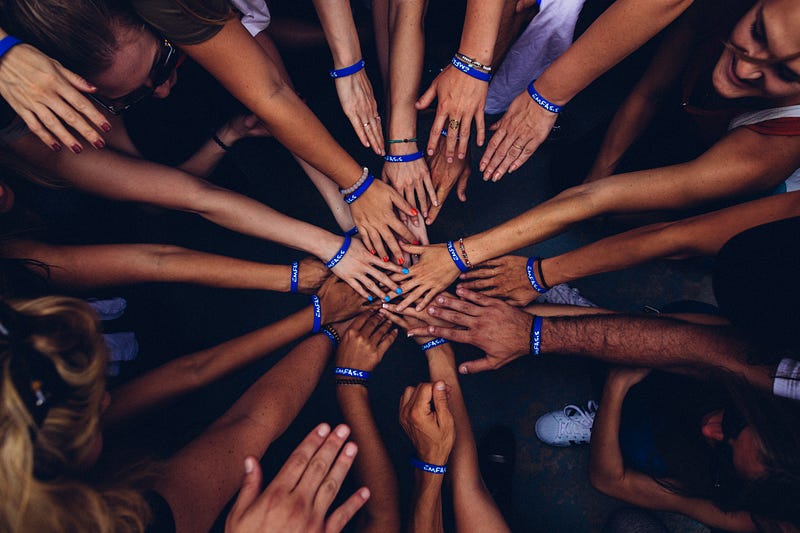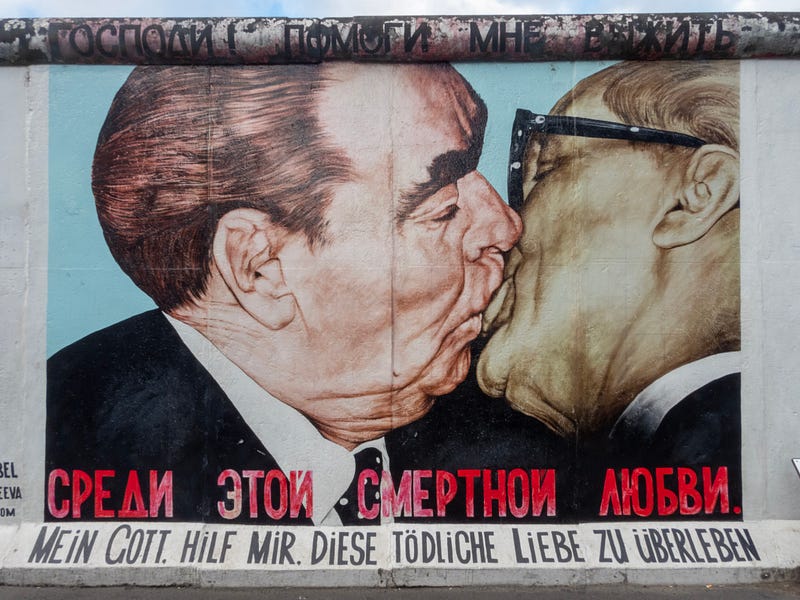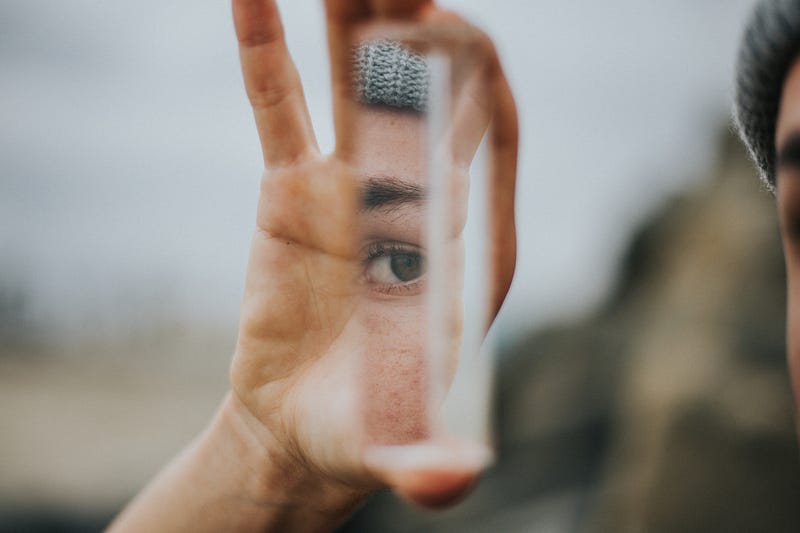
How to Relate to People Around the World
I recently spent three months traveling through South America after leaving my job as a lawyer in Los Angeles. I wasn’t entirely sure what I was looking for, but I was looking for something. I suppose I was trying to “find myself.”
I originally posted this on my Medium page. I’ve been writing there a lot recently, so check it out if you’re interested!

In the quest to find myself, I found many others. I met Venezualan refugees, went to a Colombian graduation party, and participated in a Hare Krishna “ceremony of love.” Each of these experiences was so much different than anything I had ever been a part of before. The languages, customs, and cultural ethos of every community were completely foreign.
The cultural divide between the people I met appeared deep at first. I just couldn’t imagine growing up in Bolivia. It seemed like an entirely different world.

But it soon became clear that the differences between us were superficial. The language barrier isn’t insurmountable — you can simply learn the language. After a reasonable amount of time in a location, you can learn the streets, the foods, and the dances. As you start to spend more time with someone, you become more like them.
To be clear, by saying cultural differences are superficial, I in no way mean that they are trivial or unimportant. Cultural heritage provides a sense of identity — a sense of “self.”
But more important than being Indian or Czech or Argentinian is being human. Beneath our traditions, customs, and languages, we are all the same. We all have the same needs of food, shelter, and clean water. We crave acceptance, security, and love. We thrive on being a part of a group — being accepted — and we feel lost when we feel like we don’t belong.

Despite our intrinsic similarities, we are made to think we are different. Our political systems take on lives of their own and push their own agendas. In many cases, heads of state may not reflect the true beliefs of their constituents. Brazilians are not Bolsonaro. Iranians are not Rouhani. I am not Trump.
I recently met a Belgian woman of Russian descent while traveling from Peru to Bolivia. We got along great and are still in contact. It’s crazy to me that our ancestors were terrified of one another — hated each other. The governments of the US and the Soviet Union were polar opposites. But at their core, their people were the same.

So on my quest to find myself, I found others. But it soon became clear that they weren’t really others — they were just other versions of myself. We are all the same. We feel good when we make each other happy. We rely on one another in day-to-day life. When we see other people move, we have mirror neurons in our brains which light up in the exact same way as if we were moving ourselves.
I have no idea where we came from, but we all came from the same place. We spend so much time (especially in my home country) trying to differentiate ourselves from one another. We try to emphasize our uniqueness. We are in a constant battle of us versus them. But there is no them — it’s just a mirage. There is only us.

So instead of competing, let’s cooperate. In the end, being generous will come back to benefit you, because we are all one. By showing kindness to your neighbor, you are showing kindness to yourself. When you see your reflection in another’s eyes, you will know why. We are all the same.
As I said above, check out my Medium page if you want to see more of my recent writing! I have been writing about all sorts of things, not just travel. Thanks!









